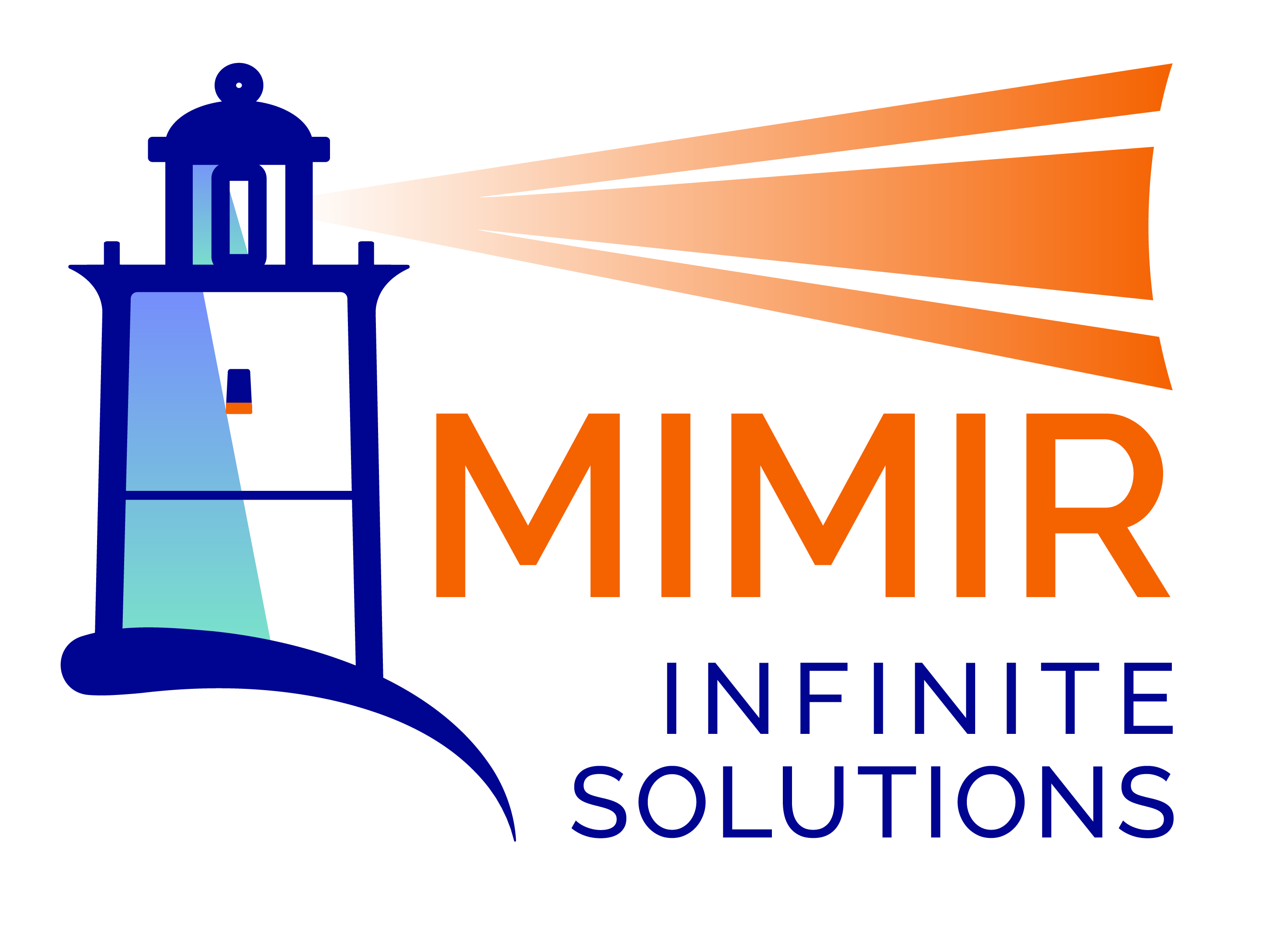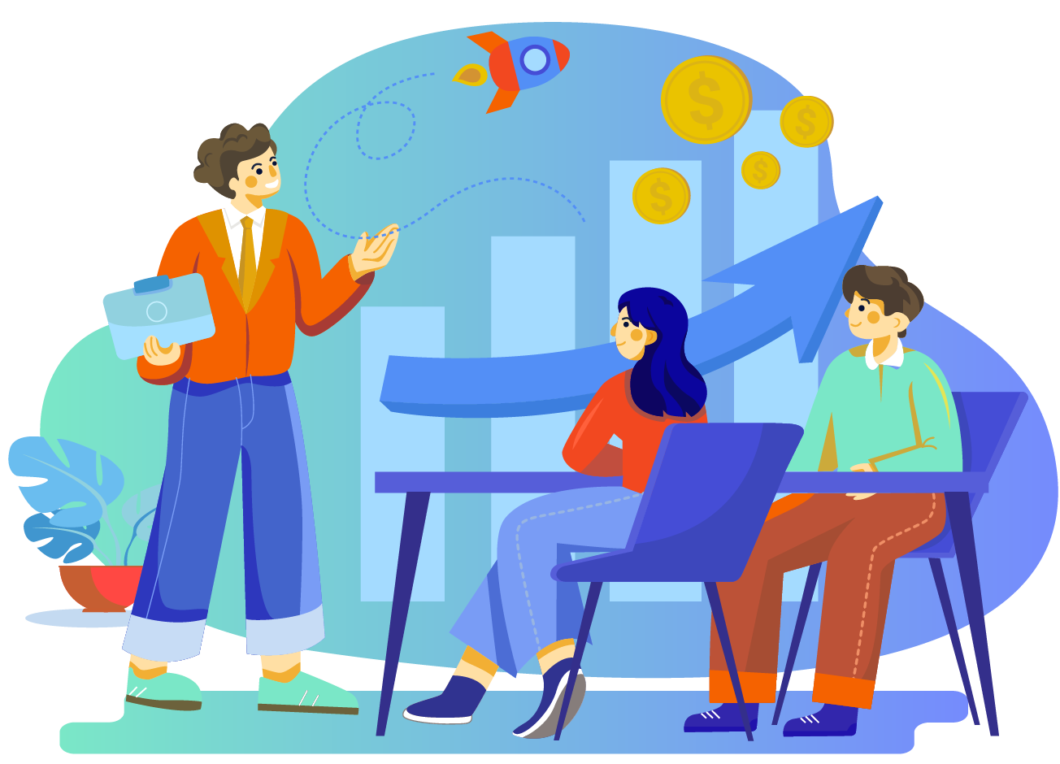Let’s all be honest with ourselves for a minute. It’s not humanly possible for each of us to be the best at everything in our workplaces. So why do some of us feel so threatened when a co-worker is better than us in a few areas? The 80/20 Principle tells us that 20% of our strengths produce 80% of our results. The key to a good team is to leverage the variety of its members’ strengths across all of the team’s tasks to make it perform better than just a sum of its members.
For example, if a team of 5 is perfectly aligned so that each of their 20% is fully utilized, each is contributing 80% for a sum of 400%. Even if 15% is fully utilized, each is contributing about 60% for a sum of 300%.
When we have people working in their mastery and not bogged down by tasks in others areas of strength, we not only get more out of them but they are happier and more engaged. Leaders in 2024 and beyond are starting to, or need to start, understanding their employees and their strengths. Not only will you have a happier workforce, but they’ll be that much more productive.
If we can set our ego aside, there are opportunities to develop some weaknesses into strengths and build relationships amongst team members.
- Develop a Strength & Weakness Inventory
- This can be done on an individual basis during one-on-ones or if the culture is strong and trusting as a group. It will take some courage and vulnerability on everyone’s part with the leader usually being the one to jump in first.
- The team I’m currently leading is using The 6 Types of Working Genius as a tool to find where each team member’s strengths and frustrations lie.
- Training & Development Plans
- There are 2 schools of thought when it comes to developing weaknesses. The first being to delegate them and focus on building your strengths further to become more specialized, and the second to develop your weaknesses into strengths.
- I don’t believe either school of thought is correct 100% of the time. The approach needs to vary depending on the weakness and its effect on the team and employee. Certain skills like communication and team work should always be a priority to develop to a certain level of competency, but certain things some people are never going to be strong in. Based on the Working Genius assessment one of my strengths is Invention, I’m an ideas and solutions guy. One of my frustrations is Discernment, the ability to evaluate and assess ideas or plans of others. When I read the results, I immediately understood why. When I assess others’ ideas I’m already thinking in my head how I would have solved the problem or critiquing the solution to make it better. The question becomes, is it more beneficial to develop my ability to accept solutions and ideas of others as presented to me or continue to develop my strength of Invention?
- Mentoring
- In a strong secure team, mentoring opportunities can present themselves as part of the 2 previous options. Workers can be paired up with someone that has a strength they wish to learn and grow into a better employee. This can be even more effective if paired employees both have a skill the other wishes to learn.
The three opportunities above require a strong, psychologically safe work environment in order to be truly effective. When employees feel safe enough to share their own weaknesses, and also receive feedback from their peers on their weaknesses, true team and employee growth can occur. Creating this environment takes a conscious & consistent effort by a leader.
Share a strength and a frustration in the comments so we can all see that none of us are perfect! If you’re not comfortably sharing a strength and a frustration, please share a strategy you use to help yourself or a co-worker develop one of their frustrations.

